Improved nutrient uptake is the main advantage of hydroponics: the grower has full control over the composition of the nutrient solution. By changing the dosage or concentration of the selected preparation, you can adjust the composition of the nutrient solution to the specific crop and its phase of development. The right fertilizer can achieve the desired result with a simple procedure: a change in nutrition.
In hydroponics, they use mineral and organomineral fertilizers, as well as various stimulants that increase the plant resistance to external factors affecting growth, root formation, and flowering.
All hydroponics nutrients come in liquid form, or in the form of a powder that’s used to prepare a solution. This is necessary in order to make it easier to apply fertilizers to water. After all, a constant application of nutrients is a prerequisite for hydroponic cultivation. For each stage of plant growth, it’s important to use a certain fertilizer in a well-defined amount. That is, from the germination stage to the ripening stage of the fruit, fertilizers must vary.
Nutrient types
Based on their chemical composition, all nutrients can be classified into:
- mineral;
- organic;
- organomineral.
Mineral ones are manufactured industrially and don’t contain organic compounds. They contain different salts, oxides, acids, and are used to increase the yield.
Organic fertilizers are obtained in the process of organic decomposition. The decomposition of organic matter produces carbon dioxide, which has a beneficial effect on photosynthesis and the development of beneficial soil bacteria.
Organomineral fertilizers combine the advantages of mineral and organic preparations. It is a fertilizer consisting of organic and related mineral compounds.
Mineral vs organic
It is better to use mineral or organomineral fertilizers for hydroponics. Their advantage is that the useful substances are in an accessible form, namely chelated. This allows you to save the necessary macronutrients and release them if necessary.
Another reason to opt against organic fertilizers is that organic matter affects the roots. And the roots in hydroponic growing are much smaller than in soil growing.
Essential nutrients:
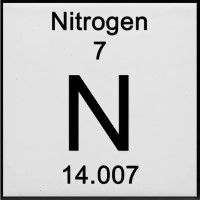
Nitrogen is one of the primary essential nutrients for plant development. It’s needed in large quantities throughout the vegetative phase of a plant’s life to grow healthy leaves and stems. Excess nitrogen can ruin the taste of fruits or vegetables, but these nitrogen deposits can be flushed out with pH-balanced water or a hydroponics cleaning solution.
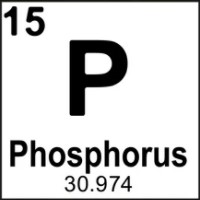
Plants need large amounts of phosphorus during the phases of seed germination, vegetative reproduction, flowering, and fruiting. Phosphorus also plays a major role in photosynthesis. Phosphorus is a component of DNA, many enzymes and proteins. Plants that are deprived of the necessary amount of phosphorus during flowering and fruiting will inevitably wither away.
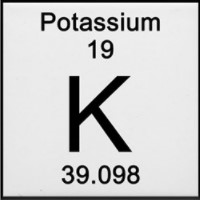
Plants use potassium throughout all stages of their development. Potassium enhances root growth and increases the plant’s ability to resist bacteria, mold, pests, and stress. Potassium also increases chlorophyll levels in the foliage and is essential for transporting starches and sugars through the plant.
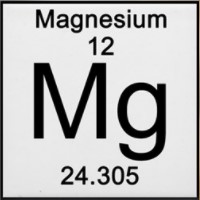
Fast-growing plants require a lot of magnesium at all stages of growth, but magnesium deficiency is common among houseplants. This element is important for chlorophyll production and absorption of photons of light. Magnesium neutralizes soil acidity and toxic compounds released by plants.
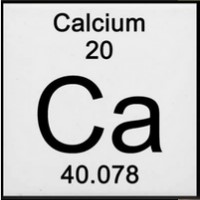
Calcium is essential to plants throughout their life. Calcium is necessary for cell formation and growth, and it’s also on the tip of each growing root, which strengthens the whole root system.
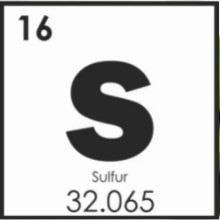
Any high-quality nutrient compound contains sulfur. Quality hydroponic nutrients will separate calcium and sulfur into A and B parts, because if calcium and sulfur combine, they will form insoluble compounds. High-quality nutrients use ingredients that dissolve entirely in water and leave no residue.
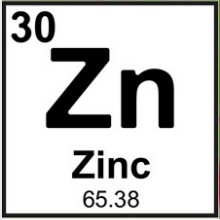
Zinc works with other elements in the production of enzymes and also helps form and retain chlorophyll. Zinc is usually lacking in alkaline soils and hydroponic solutions.
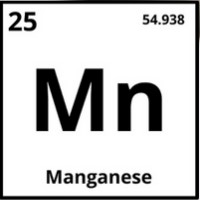
Manganese plays an essential role in the chloroplast membrane system and helps activate many enzymes.
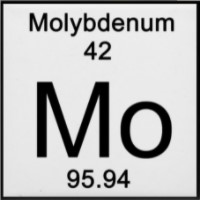
Molybdenum is an important element, but it’s needed in small amounts. It’s vital for the two main enzyme systems that change nitrate to ammonium, and it also oxidizes sulfur.
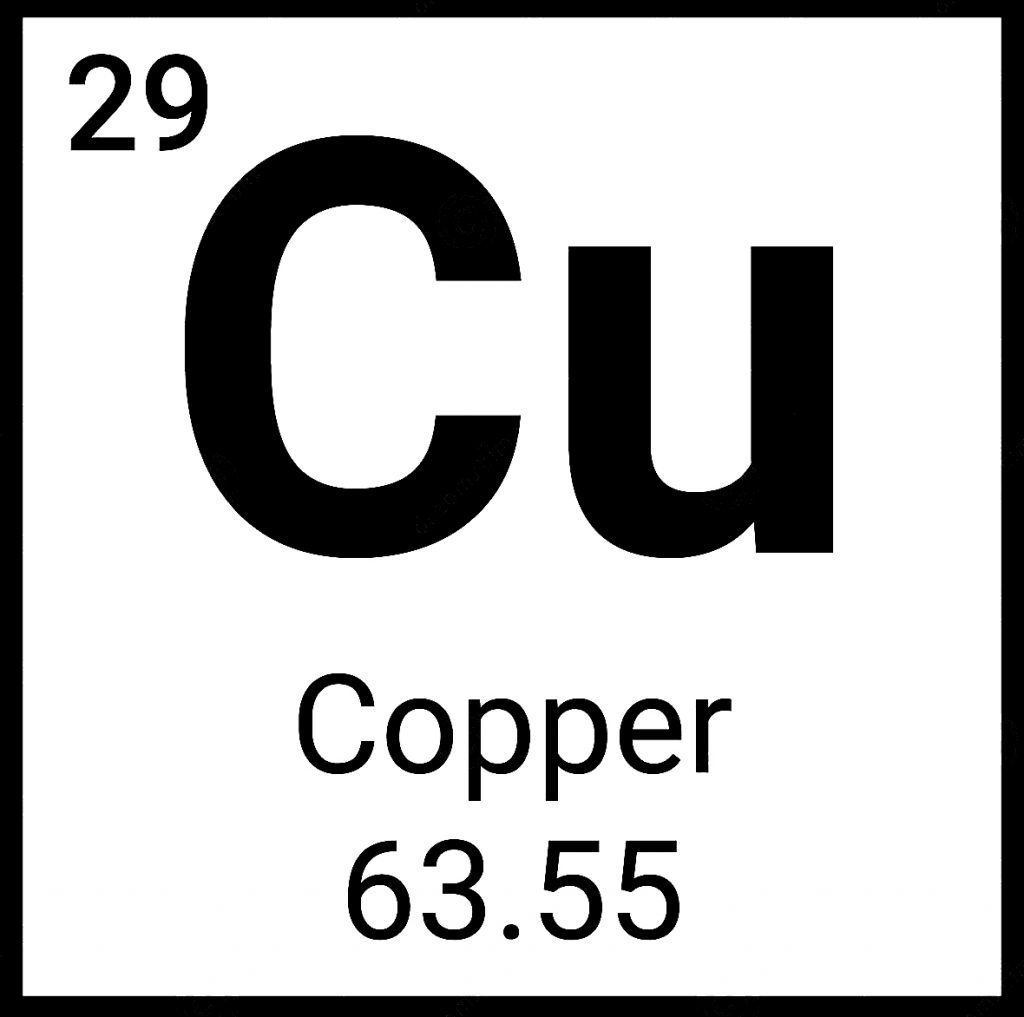
Copper is a mineral used in all kinds of products and processes. There are many ways to use copper and many things that we use copper for, and we use copper for many different kinds of things.
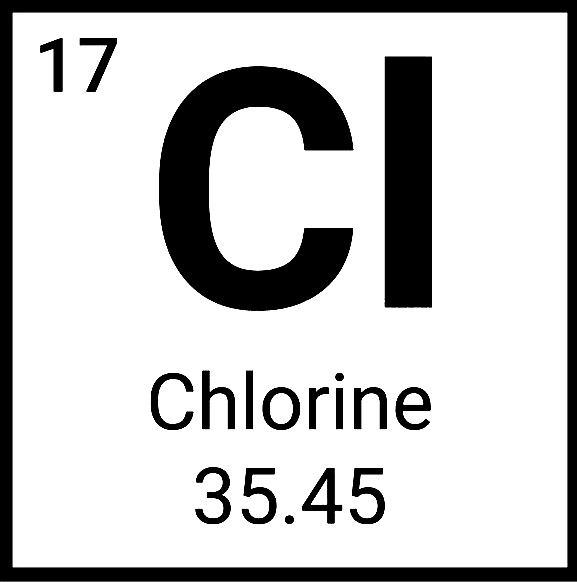
Chlorine is an element found in the earth’s crust. It exists both in the solid form of chloride salts and in the form of ions in solution.
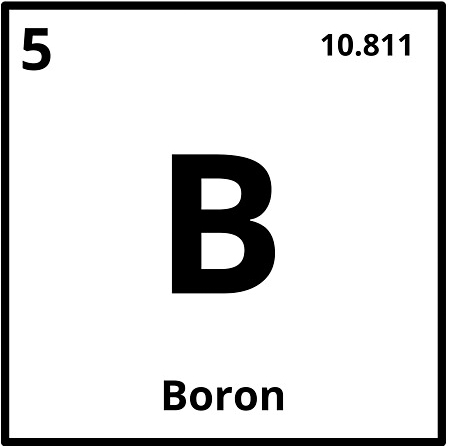
Boron is a relatively rare mineral in the Earth’s crust, making up only 0.03% of the Earth’s crust, or about one-tenth the amount in a teaspoon of table salt.
Learn more about nutrients in our featured articles
- How to Organize a Furniture Inventory Before Moving
 Moving can feel overwhelming, especially when it comes to keeping track of all your belongings. One of the best things… Read more: How to Organize a Furniture Inventory Before Moving
Moving can feel overwhelming, especially when it comes to keeping track of all your belongings. One of the best things… Read more: How to Organize a Furniture Inventory Before Moving - How to Load a Moving Truck
 Loading a moving truck might seem like a giant game of Tetris—but instead of blocks, you’ve got sofas, boxes, and… Read more: How to Load a Moving Truck
Loading a moving truck might seem like a giant game of Tetris—but instead of blocks, you’ve got sofas, boxes, and… Read more: How to Load a Moving Truck - How to Pack Plates for Moving
 Plates are one of the most fragile and commonly broken items during a move, but the good news is—they don’t… Read more: How to Pack Plates for Moving
Plates are one of the most fragile and commonly broken items during a move, but the good news is—they don’t… Read more: How to Pack Plates for Moving



